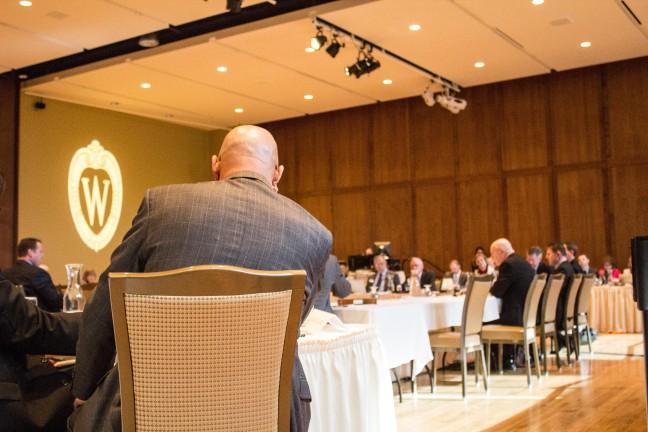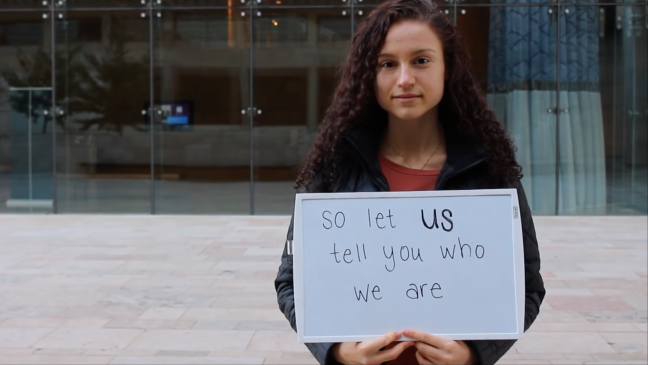Rape culture does exist. It seems preposterous that this statement is still met with arguments when we live in a society where “Blurred Lines” was a hit song of the summer.
Rape culture is the theory that different parts of our society and culture propagate the idea that rape is somehow acceptable.
In David Hookstead’s letter to the editor, he brings up urban culture when talking about the “nonexistent” rape culture in music, referencing hip-hop. However, hip-hop is not the lone genre that degrades women. Robin Thicke’s hit pop song, “Blurred Lines,” talks about the idea that there are not always straightforward lines of consent. If this doesn’t show signs of a “rape culture,” I don’t know what does. Allowing society to think that blurred lines of consent are acceptable perpetuates a rape culture.
I find issue with many parts of Mr. Hookstead’s letter to the editor, but one that stood out to me was his comparison of smoking pot to being raped. “I’ve never seen a feminist in a blaze of fury over the fact that Wiz Khalifa promotes illegal activity … but why is there a double standard?” This attempt at a comparison falls flat because there is no possible way to compare a victimless crime like smoking marijuana to the heinous crime of rape.
The only time I agree with Mr. Hookstead is when he writes about the rape and assault of men. The Department of Justice found that men are far more frequently the victims of rape — when you include statistics from prisons. Though men are more frequently the victim of rape, this is not rape by women as Hookstead implies, but by other men. Rape occurs to both men and women, and we shouldn’t just teach our sons not to rape, we should be teaching all members of society that rape is an atrocious act. There should be no gender bias in who is taught. Representing women as criminals equally in stories about rape would represent false equivalency — a journalistic practice when two sides are given equal weight in a story when they are not in fact equal. In this case, because men are much more frequently the perpetrators of rape, women aren’t as culpable as men.
Hookstead plays with the idea that if a superstar athlete drugged a random woman, his career would be destroyed. This statement has been proven wrong time and time again in the news. Let’s start first with the Stubenville rape case. This made headlines last spring when a young girl was raped by star high school football players. Photos were taken and tweets were tweeted. Yet when the case was taken to trial, news outlets such as CNN spent the entire time sympathizing with the rapists — not the victim. Again, perpetrating a rape culture.
Second, let’s look at the “Justice for Daisy” case: 14-year-old Daisy Colemen, from Missouri, says that she was raped by a player on the high school football team. After these allegations, she was bullied so horrendously that her mother was fired from her job, forcing the family to move out of town.
Rape culture exists because we as a society have allowed it to. We have allowed for women and men alike to feel that when they are raped, it is their fault; they asked for it, their dress was too short, they were too drunk, etc. It’s time to change this aspect of our culture; there should be no blurred lines as far as rape is concerned.
Phebe Myers ([email protected]) is a junior majoring in international studies, journalism and African studies.




















